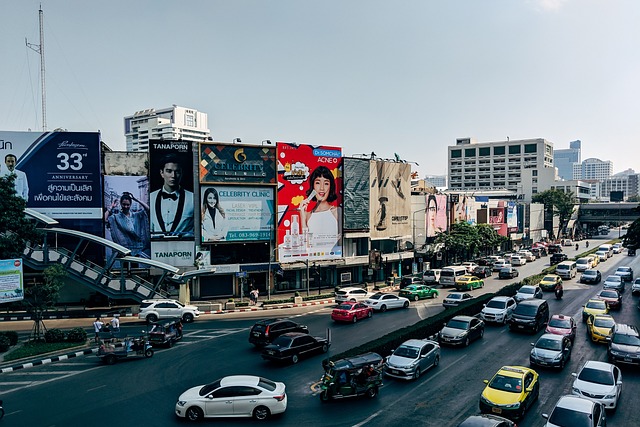
-
A FedEx report says Southeast Asia will be the top growth market in the Asia Pacific region in the near term
-
Small and medium enterprises in particular can expect to grow in the next three years although challenges could be expected in the area of global cross-border commerce
-
Thailand, Vietnam and Indonesia were seen as having the highest prospects for growth
Southeast Asia is the top growth market in the Asian Pacific (APAC) region, with Thailand, Vietnam and Indonesia seen as having the highest prospects, according to a new Federal Express (FedEx) research report.
The survey was conducted in tandem with Forbes Insights and found that small and medium enterprises (SMEs) in Southeast Asia could expect to grow in the next three years although challenges could be expected in the area of global cross-border commerce.
Respondents to the study were 250 small and mid-sized business leaders across a range of industry sectors in the Asia Pacific region.
A majority (68%) saw Thailand, Vietnam, and Indonesia as having the highest prospects for growth.
There is substantial optimism over the growth prospects of ASEAN markets, fueled by economic growth, cultural affinities, and improving regional trade deals, said the FedEx report.
No less than 88% of the respondents said they were planning customer base expansions globally in the next three years, though APAC business leaders said it is more difficult for them to do business with European, and North and South American partners, suppliers, and customers.
There are, to be sure, also challenges in fully realizing cross-border opportunities within the APAC region.
Half of the respondents pointed to complex customs requirements and documentation as primary hurdles, while fewer said finding new customers and finding partners or suppliers in global markets were their issues, at 45% and 42%, respectively.
Kawal Preet, president of Asia Pacific, Middle East & Africa regions of FedEx Express, said their data “shows that economic headwinds and global competition are seen as the most pressing business challenges for Asia’s SMEs today.”
Preet added that since Southeast Asian markets are now growing faster than in many parts of the world, “it makes sense for them to focus on intra-Asia trade.”
He also said that understanding how to navigate complex customs regulations is where FedEx can add value, thereby allowing SMEs to concentrate on their core strengths.
Ross Gagnon, executive director of research for Forbes Insights, said, “The findings provide valuable insights into high growth areas and the continuing barriers facing export-driven SMEs.”
Gagnon added that collaborations focusing on unlocking border compliance and bridging digital divides “will be key to realizing their international ambitions.”
For Maribeth Espinosa, managing director of FedEx Express Philippines, the company’s latest survey presents valuable insights and opportunities for businesses in the country “to better serve their customers and tap into new markets.”
With FedEx as a partner, “Philippine businesses can seize the opportunities of the global marketplace and achieve sustainable growth in the digital age,” she said.
The study also showed that the most highly ranked business opportunity for SMEs was in enhancing customer experience, at 57%.
Small business were found to usually invest a mere 5% of total revenue of yearly IT budget on digital transaction capabilities.
While the potential for technology is high, 71% of respondents said developing or implementing digital strategy was their biggest challenge.
This was followed by mitigating security threats at 65%, and the cost of upgrading existing systems at 64%.
READ: FedEx named Overall Logistics & Supply Chain Management Supplier of the Year




